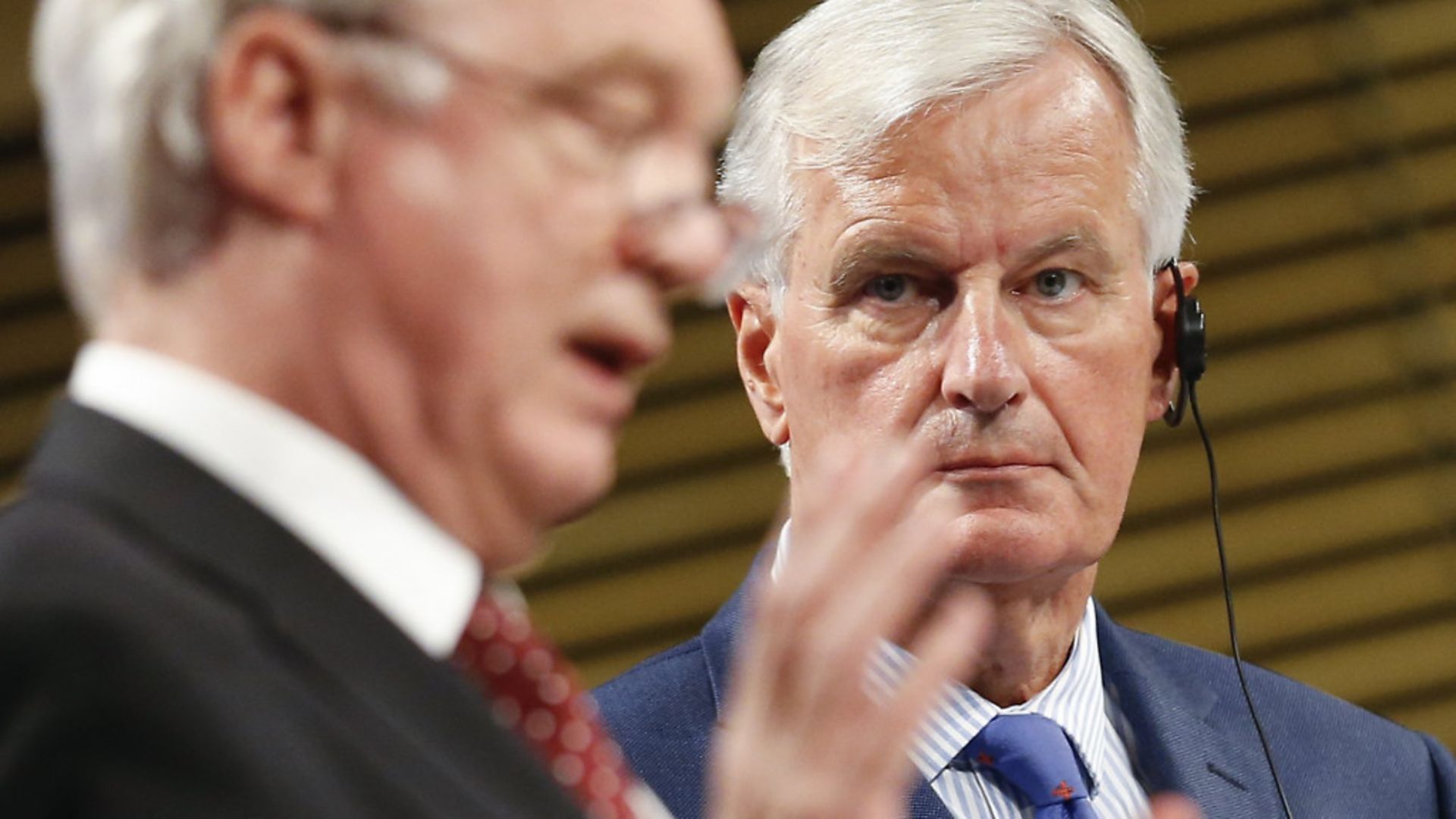
David Davis, the former Brexit secretary, has admitted he agreed with some of the viewpoints from those that fought the government over Brexit legislation.
He said Gina Miller became an “unlikely ally” with her court case against the government which ruled that Theresa May must secure parliamentary approval before triggering Article 50.
It was a case that was successfully argued in court and was upheld by the Supreme Court in early 2017 following a government appeal.
Davis said that he could not say at the time, because he was a minister, but said that Miller helped to bring political change in her action.
Davis told the Good Law Project in its annual report: “Diversity of opinion is a fundamental characteristic of democracies. Throughout my political career and on the various campaigns I have led, I have benefitted from working on a cross-party basis”.
He added: “Indeed, on the issue of Brexit I often met with those who fundamentally disagreed with me, such as Gina Miller. Of course, I could not say this at the time due to my position as secretary of state, but I actually agreed with Gina Miller bringing her Article 50 case against the government”.
Miller, responding to the comments in PoliticsHome, said she regretted those views were not made public at the time.
“On an issue of such enormous and significance impact to our country, democracy and rule of law, I wish MPs had been more willing to stand up and be counted.
“When I was fighting my Article 50 case, pretty much alone, with practically no parliamentary support and vigorous opposition from many quarters of the media, that kind of support would have been incredibly valuable and a tremendous morale booster.
“I hope more of them will be willing to demonstrate courage on issues like this in the future — when our country should come before party”.
But Miller said she was able to “understand and respect” the difficult position that David had been put in.
“I also agree with his point about speaking to people with different points of view, and we have recently spoken about shared concerns in respect of gaps in the proposed Online Safety Bill”.
She was, however, keen to stress that the case was not solely about Brexit.
“It’s important to remember that, for me, bringing the case was never about Brexit but, rather, about ensuring the executive could not gainsay the legislative and that parliament’s constitutional and democrat rights to scrutinise, debate and decide, on behalf of the constituents that individual MPs represent, could never be steamrollered over by any sitting government,” she explained.
“That was a vitally important principle to protect. And one we did, with great clarity and effectiveness. And the rest, as they say, is history”.
Warning: Illegal string offset 'link_id' in /mnt/storage/stage/www/wp-includes/bookmark.php on line 357
Notice: Trying to get property 'link_id' of non-object in /mnt/storage/stage/www/wp-includes/bookmark.php on line 37






